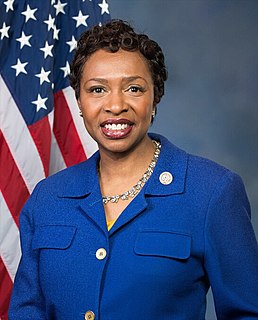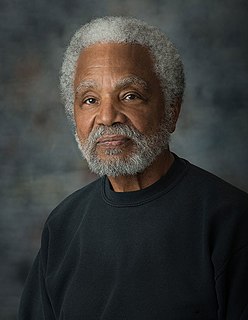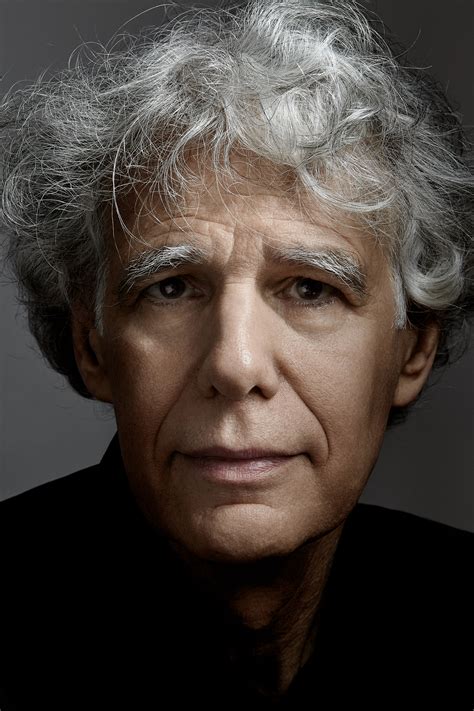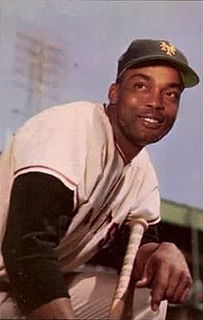A Quote by Coretta Scott King
If Martin [Luther King, Jr.]'s philosophy had been embraced and lived out in Iraq and other places, we wouldn't have bin Ladens.
Related Quotes
I remember back in the 1960s - late '50s, really - reading a comic book called 'Martin Luther King Jr. and the Montgomery Story.' Fourteen pages. It sold for 10 cents. And this little book inspired me to attend non-violence workshops, to study about Gandhi, about Thoreau, to study Martin Luther King, Jr., to study civil disobedience.
I still hear people say that I should not be talking about the rights of lesbian and gay people and I should stick to the issue of racial justice. But I hasten to remind them that Martin Luther King Jr. said, 'Injustice anywhere is a threat to justice everywhere.' I appeal to everyone who believes in Martin Luther King Jr.'s dream to make room at the table of brother- and sisterhood for lesbian and gay people.
Every now and then I think about my own death, and I think about my own funeral. [...] Every now and then I ask myself, 'What is it that I would want said?' I'd like somebody to mention that day, that Martin Luther King, Jr., tried to give his life serving others. I'd like for somebody to say that day, that Martin Luther King, Jr., tried to love somebody.
Martin Luther King really was a safety valve for white people. Any time it appeared that the black community was on the verge of really doing what we ought to do based on having been attacked, they put Martin Luther King on television. He was always saying, "We must use nonviolence. We must overcome hate with love." White people loved that. That's why they gave him a Nobel Prize. But when Martin Luther King started condemning the Vietnam War, that's when white people turned against him.
The white man supports Reverend Martin Luther King, subsidizes Reverend Martin Luther King, so that Reverend Martin Luther King can continue to teach the Negroes to be defenseless - that's what you mean by nonviolent - be defenseless in the face of one of the most cruel beasts that has ever taken people into captivity - that's this American white man, and they have proved it throughout the country by the police dogs and the police clubs.


































